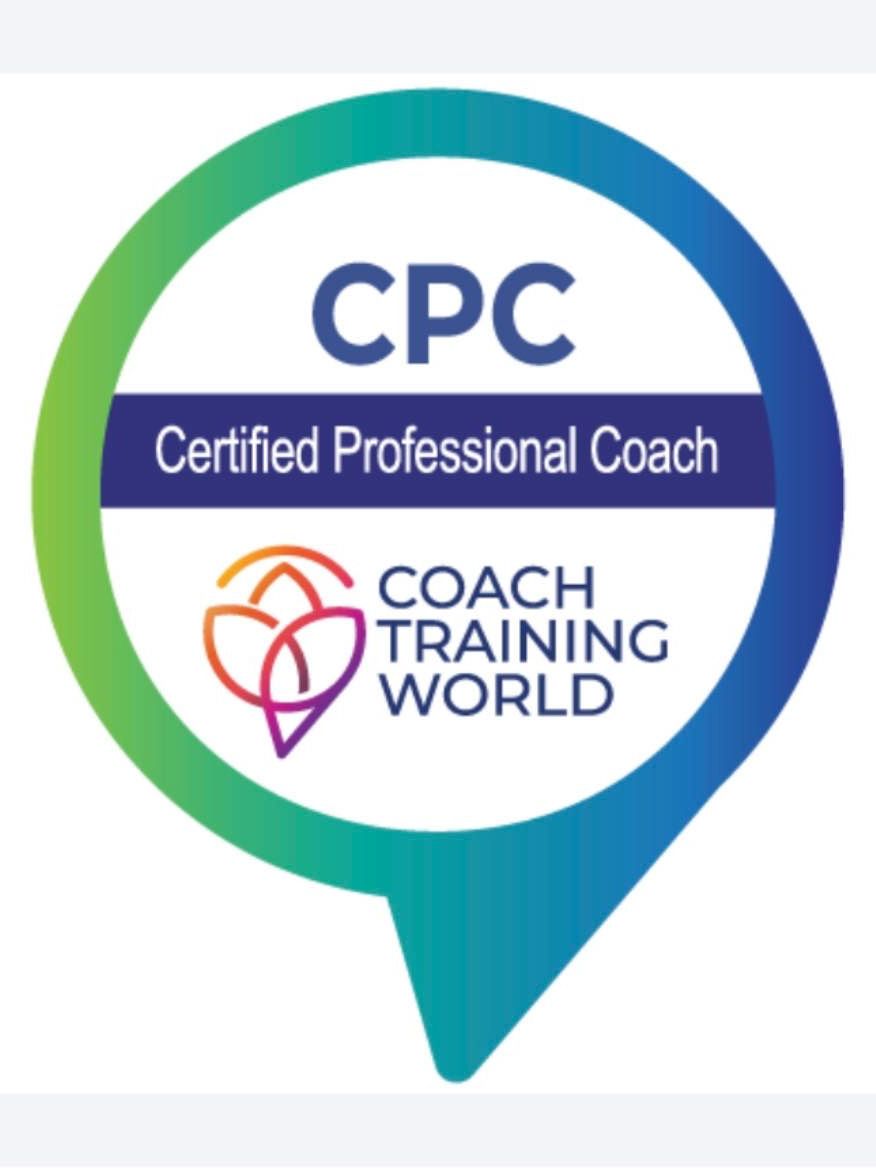Divorce
Genna Marie • December 8, 2024
Divorce & Coaching: Finding Your Way Through A Personal Journey
The reality is, divorce is deeply personal. No two experiences are the same, and no two paths forward look alike. Whether you’re just starting to wonder what divorce might look like for you or you’ve already made the decision, coaching can help you find clarity and move toward acceptance on your own terms.
Recognizing the Complexity of Divorce
Divorce isn’t just a legal process; it’s an emotional and psychological upheaval. Beyond the logistical questions, you might feel overwhelmed by emotions you didn’t expect—grief, anger, relief, confusion, or even guilt. Coaching provides a space to unpack these feelings without judgment, helping you process them in ways that feel authentic to you.
Each Journey Is Unique
One of the first things coaching recognizes is that your divorce is unique. The way you process the end of your marriage, the decisions you make about moving forward, and the kind of relationship you choose to have with your ex-partner will all be influenced by your values, goals, and circumstances. A coach works with you to explore these elements, supporting you as you shape your personal path.
If You’re at the Beginning Stages
For those still trying to decide what divorce might look like, coaching offers an opportunity to step back and assess. What do you need and want for your future? How do you envision your family life, your independence, and your emotional well-being? By taking this time to reflect, you can make decisions with confidence, rather than reacting to the stress of the moment.
Moving Toward Acceptance and Growth
Acceptance isn’t about pretending everything is fine. It’s about finding peace with what’s happened and discovering a way forward that honors who you are now. Coaching helps you set realistic, meaningful goals and develop strategies to move closer to them. Whether that’s rebuilding your confidence, learning to co-parent, or rediscovering joy in your life, a coach provides tools and support to help you thrive.
Your Relationship as Ex-Partners
A key part of this journey is redefining your relationship with your ex. Whether you aim for amicable co-parenting, set boundaries for your well-being, or navigate complicated feelings, coaching can guide you in creating a dynamic that works for your unique situation.
Divorce is one of life's most challenging transitions. It's not just the loss of a relationship; it's often the loss of what you expected your life to be. When you enter a marriage, you do so with hopes and dreams for a shared future. You imagine growing old together, building a life that feels secure and fulfilling. When that vision fades, it can be one of the most disorienting and painful parts
The reality is, divorce is deeply personal. No two experiences are the same, and no two paths forward look alike. Divorce may feel like the end, but it can also be the beginning of a new chapter—one where you rebuild, redefine, and rediscover yourself. If you’re at the start of this process or somewhere in the middle, know that you don’t have to navigate it alone. Through coaching, I can help you find clarity, strength, and a path forward that’s uniquely yours.













